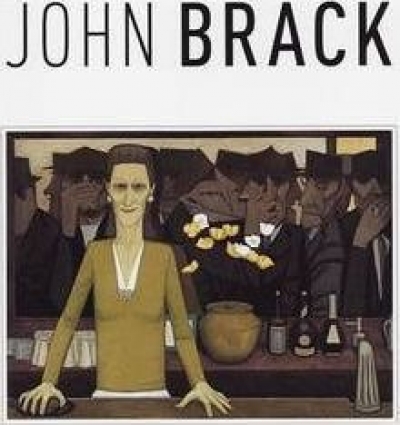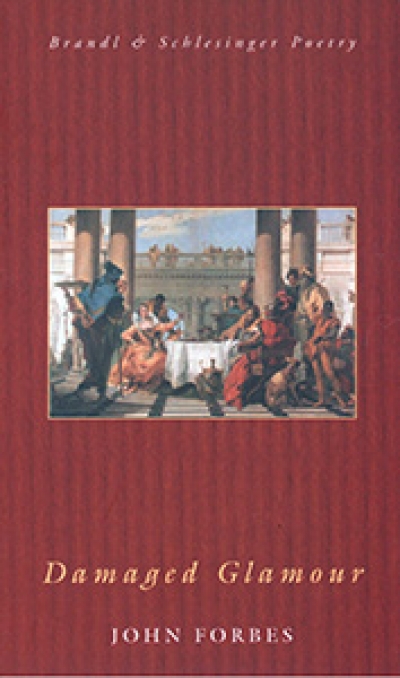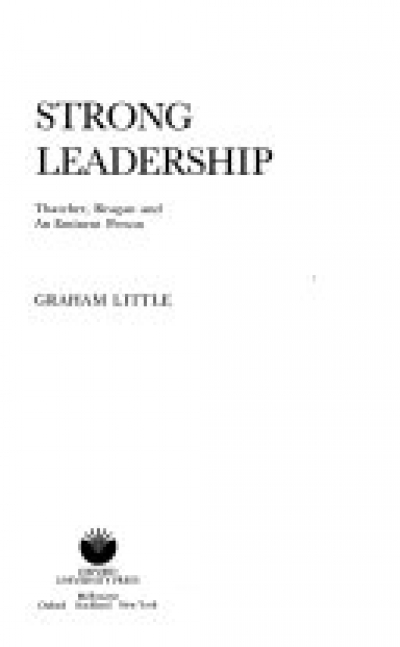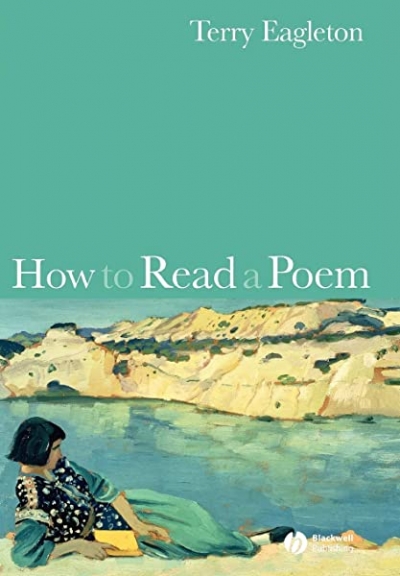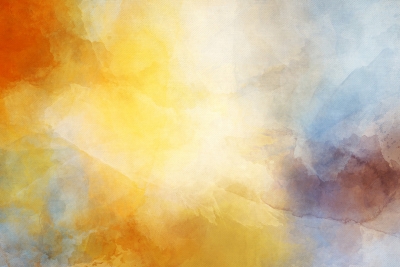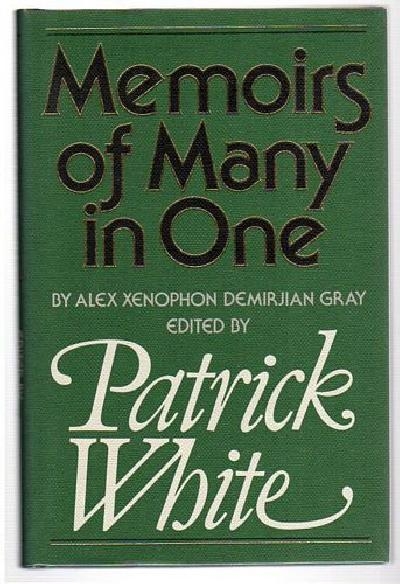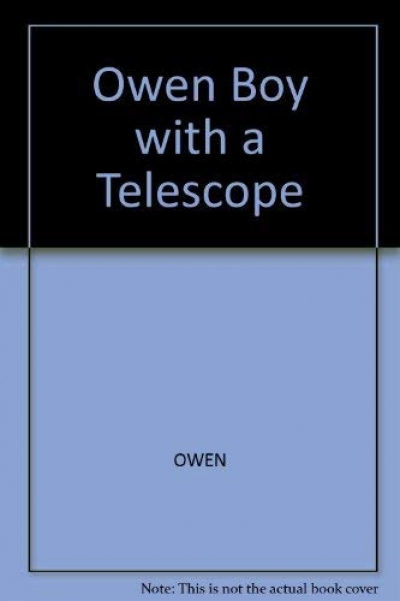Chris Wallace-Crabbe

Chris Wallace-Crabbe AM is the author of more than twenty collections of poetry. His most recent books of verse include The Universe Looks Down (2005), and Telling a Hawk from a Handsaw (2008). He is Professor Emeritus in Culture and Communication at Melbourne University. Also a public speaker and commentator on the visual arts, he specialises in ‘artists’ books’. Read It Again, a volume of critical essays, was published in 2005. Among other awards he has won the Dublin Prize for Arts and Sciences and the Christopher Brennan Award for Literature. His latest book is Rondo (2018).
The poet John Forbes died suddenly in January 1998. He was not glamorous, but his work was, for reasons that are not immediately apparent. Certainly, he was the most accomplished, along with the immensely learned Martin Johnston, of the young poets who swam into orbit in the 1970s. He was also the writer who most convincingly bridged the gap between a radical art and the relatively conservative, y ... (read more)
Australian attitudes to strong leaders, big bosses and tall poppies are said to be simply disrespectful, but are in fact ambiguous. Our high culture constructs a version of low culture which is defined as wittily cock-snooking, and rejoices in, its ironic one-liners. G.A. Wilkes quotes as slightly canonical an account of a Gallipoli digger giving a vulgar, impromptu brush-off to General Birdwood. ... (read more)
You are going to Singapore, they said. Yes, but which way? was the natural response. If I’m flying to the island-city, my flight should take in something with a more exotic range of scenery, perhaps even a sniff of nature. Birds and stuff. So the painter and I decided on Portugal: and why not throw in Spain? My own travels had never taken me further than Catalonia, which so determinedly is, and ... (read more)
When I am rotting patiently wheremy eldest, Ben, now liesAnd the bright prunus petals are dropping awayfaster than flies,
when Georgia has swatches of greyin her falls of fairish hair,Toby has a neat condominiumset up offshore somewhere,
and a nimbler, wiser Josh, outdoorsis performative with his hands,busy as a rock-cod, making somethinghe tacitly understands,
where will you be, the flaminglyj ... (read more)
The English critic Terry Eagleton is nothing if not a dasher. Once suspected by many as the kind of postmodern theorist who undermined the category of ‘literature’, he has increasingly hiked into its territory. In The Illusions of Postmodernism (1996), he turned against the kinds of scepticism and virtuality which he saw as demeaning all literary or cultural study. The book certainly made some ... (read more)
Modern Australians live of course in a concourse or babble of discourses. We make our way through the bubble-and-squeak of chopped-up value systems. There is no tall hierarchy of speakings, no league ladder. Nor is there anything as redgum-solid as permanence; if anything, transience is taken as proof of the genuine. To our juniors, at least, the plotty nightly patter of Home and Away is felt to b ... (read more)
Patrick White is a downy old bird. He has always shown remarkable ability to keep up with the game, even to keep ahead of it. Whether the game is currently being called Modernism, or Postmodernism, or some other ismatic title, he can handle it as a writer and still be himself. From The Aunt’s Story to The Twyborn Affair, he has displayed this ability to run with the hare and hunt with the hounds ... (read more)
'Memory is actually anxious to be heard.'
A.F. Davies
What a year, and how lucky we are that our country can only play a timid, cringing, subservient role in Iraq – which is not at all to disparage the soldiers we send there ... (read more)
The ways of poetry are many but sometimes, as it turns out, they are simply oppositional. These two new volumes of poetry from Angus & Robertson could easily have been produced as the occasion for some compare-and-contrast parlour game. The first, and continuing, thing to be said about them is that Gould is strong on artistic form whereas Owen is strong on life. The harder question to ask abou ... (read more)

